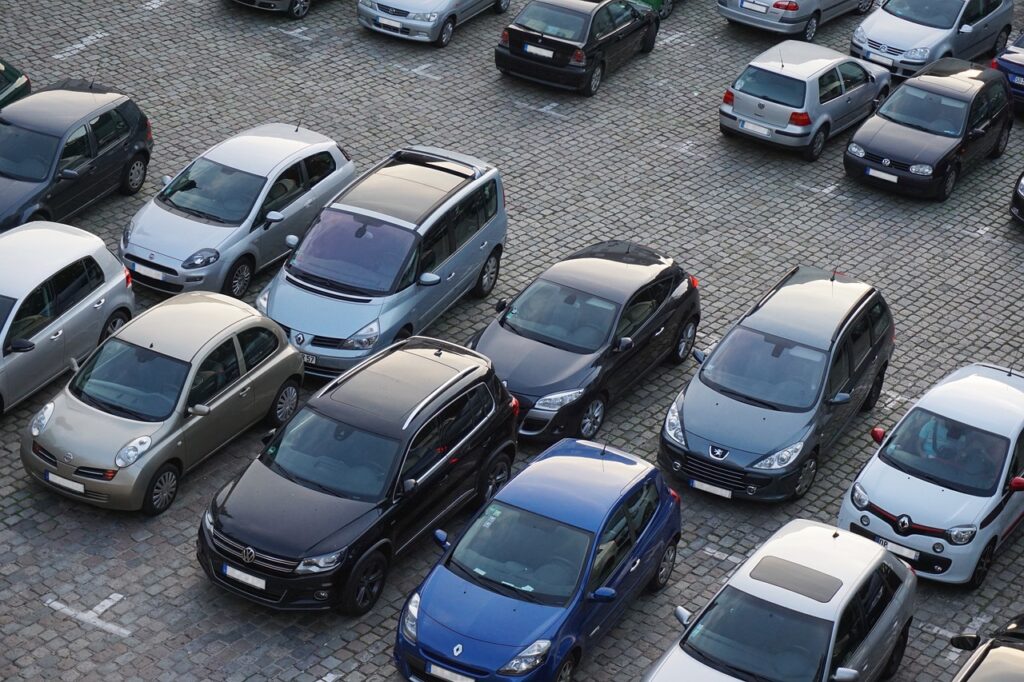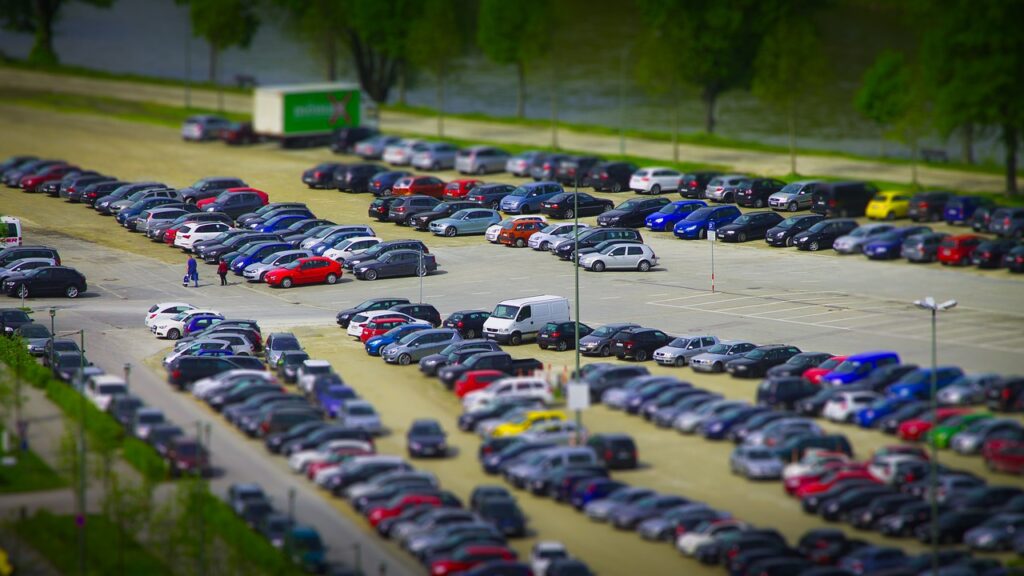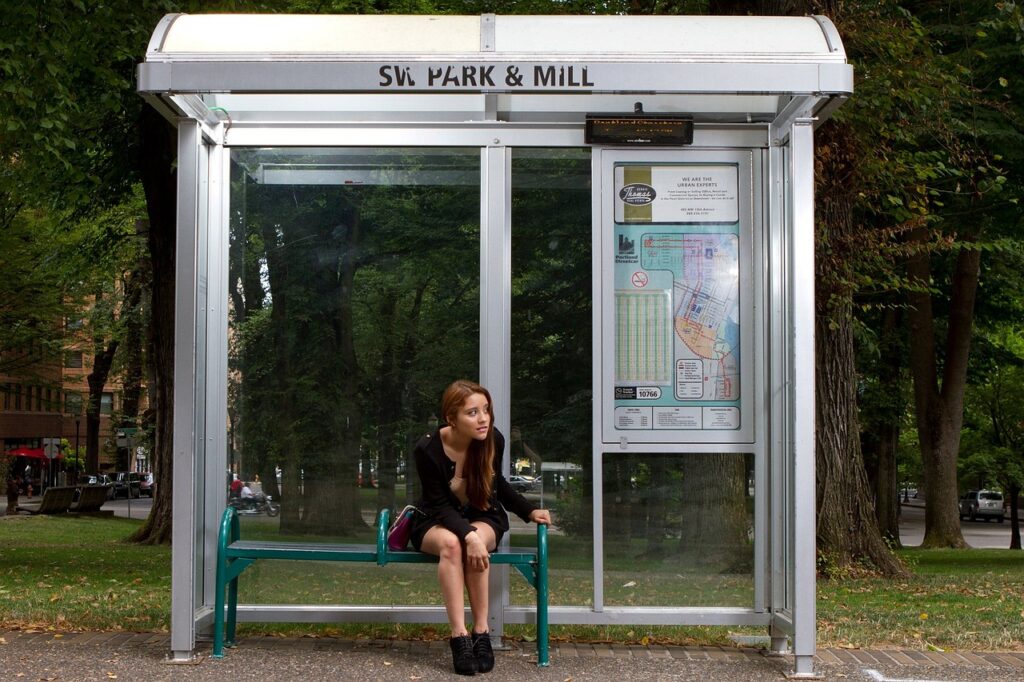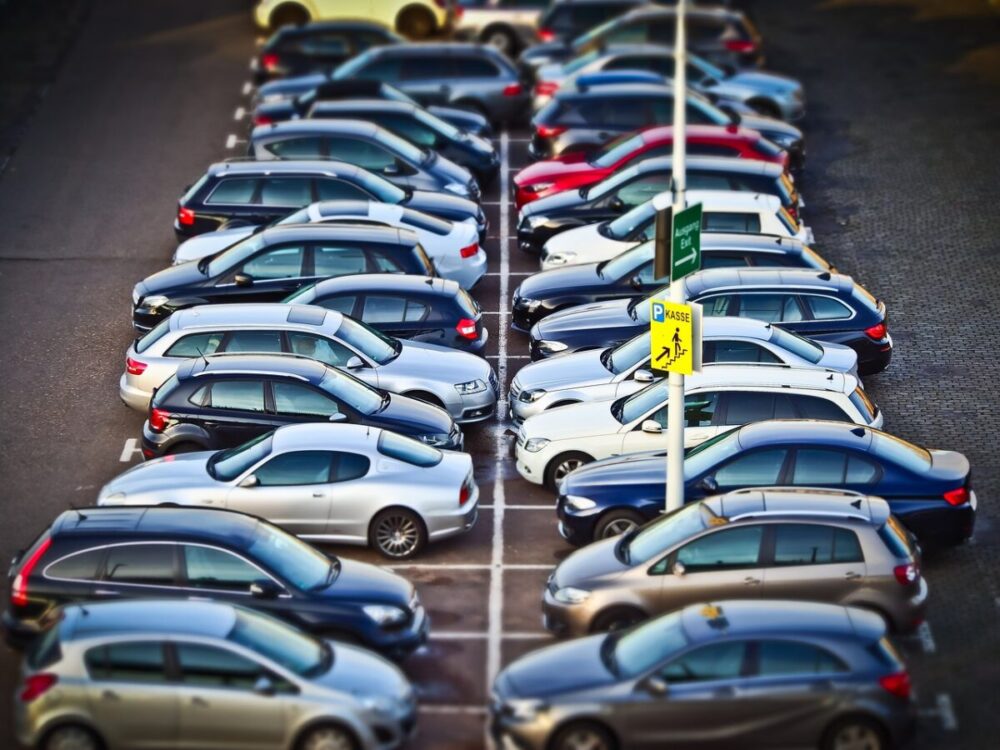Parking spaces are everywhere. But how often do you stop to think about how many parking spaces there are in your city? Probably not all that often because it’s not really something we think about. We just use them and sometimes get frustrated by them if we can’t find one when we need it.
But what if I told you that parking spaces could actually be doing more harm than good? And what if I also told you there was a simple solution to this problem?
How does parking work in our cities?
Here’s how it used to work: parking lots and garages were expensive, scarce, and funneled into city centers. The result was gridlock on the roads as frustrated motorists searched for a space that they’d have to pay for if they found one.
This approach isn’t working anymore. We need to rethink our approach to parking in cities because of four factors driving this change:
- Vehicle ownership is decreasing as more people opt for ride-hailing services like Uber and Lyft.
- More people are living in cities than ever before.
- Cities are becoming denser (this means there is less land available for new developments).
What are the costs of parking in cities?

Source: pixabay.com
You may ask yourself, what does parking cost in big cities? The average American spends $2,600 on parking. That’s $1.20 per day—considerably more than some people spend on rent! It adds up quickly when you add in gas, insurance, and other expenses involved with owning a car.
To reduce this cost for drivers and businesses alike, some cities have started reducing their overall number of parking lots and garages by converting them into parks or making them smaller (and therefore cheaper). Or they’re using technology like smart meters that allow people to pay only for exactly how long they use the space (instead of paying an hourly rate). They’re also making sure there are amenities nearby, like bike lanes, so that people can get around without driving at all if they want to avoid paying for parking altogether.
Sharing existing parking spaces reduces the demand for parking in inner cities
Shared parking is a new way of thinking about how and where you park your car; privately owned parking lots owned by businesses, universities, residents, and companies share their spaces and allow people to rent them at specific times. In addition, shared parking means using all available spaces in a neighborhood to their maximum potential. This means more people using fewer spaces, which could mean less demand for car ownership or at least fewer overall vehicle miles traveled (VMT).
Renting out spaces in downtown cities can vastly reduce the number of parking lots required and help utilize spaces better. If you have ever looked for parking spaces in any city location, you will know how expensive they can be. I found that monthly parking in South Boston was easier to find and cheaper than renting by the hour. Another advantage would be that you can utilize someone else’s space when they are not using it and reduce the need for large parking lots across the city.
Why does reducing parking lots benefit everyone?

Source: pixabay.com
Each car parking space can take up around 10 square meters of land. To take just one example of how much space parking occupies in a city, Los Angeles is estimated to have around 5 million parking spaces — and that’s just within the city limits.
Unless you’re lucky enough to live somewhere with an excellent public transportation infrastructure and a tremendous bike-sharing program, chances are that you need a car to get around town. And if you have to drive your vehicle everywhere, it makes sense that you’d want a parking space in front of your home or office.
Parking takes up a lot more space than cars do when parked there. This is because we need to include extra room for pedestrians, exits, entrances, and aisles; ramps and driveways; walkways; trees, lighting, and other street furniture; kerbside drainage; and sometimes even cycle routes.
Other ways we can reduce parking
There are a few other ways you can help reduce parking:
- Public transport – We’ve all heard about the wonders of public transportation, but have you ever thought about how it would change your life if you didn’t have a car? If you can go anywhere without worrying about finding parking, imagine how much time that will save you every day.
- Carpooling – Carpooling is an excellent option for anyone looking to reduce the number of cars on the road. Not only does it get you around town more efficiently and economically, it also reduces pollution and helps you save money. Carpooling can be done by car, bus, or vanpool. When you join a carpool, your commute will become more efficient because fewer vehicles are on the road, and each vehicle gets to use HOV lanes, which means less time spent stuck in traffic. In addition to saving time, joining a carpool will also help you save money! Depending on how often you drive in LA traffic and how much money you spend on gas per month, riding in a shared ride could save up to $600 per year!
- Ride-share – Ride-share services like Uber and Lyft can reduce the number of cars on the road. Ride-share services can reduce parking demand, road congestion, accidents and air pollution.

Source: pixabay.com
Conclusion
If you want a better city, we need to start thinking about the spaces we use daily differently. For example, parking lots are prime real estate in cities – they could be housing instead of sitting empty most of the time. They could be green spaces where children can play rather than concrete deserts filled with cars at night when people aren’t using them.
In many ways, the car parking situation in our cities is a ticking time bomb. We know that there’s a considerable amount of space being taken up by parked cars at all times, but we need help to do something about it. I hope this article has helped you think about how you use parking spaces that can help everyone and not just those of us that drive.

















